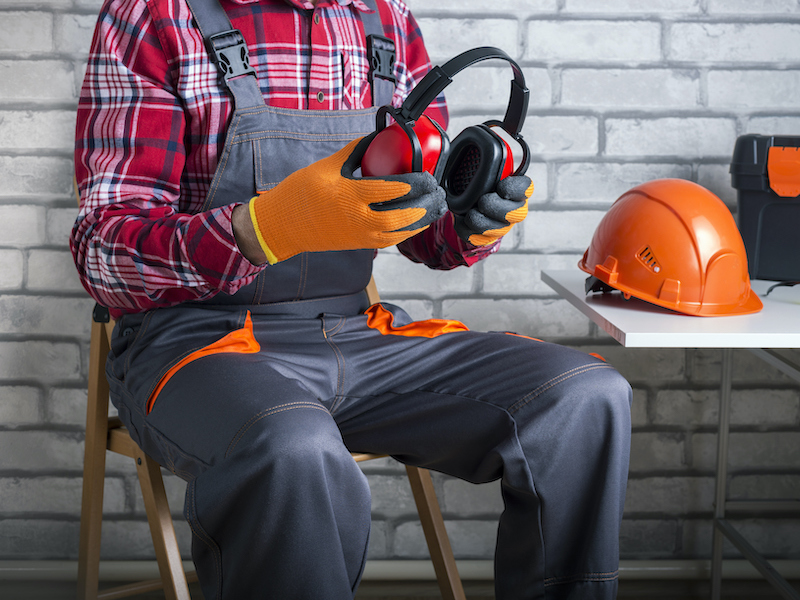
Your sense of hearing is crucial in your life and when it’s gone, there will be no natural way of getting it back. But for some reason, hearing loss tends to go untreated and unchecked in the general population. As a matter of fact, permanent hearing loss impacts one out of eight individuals (about 30 million people) over the age of 12 in the United States alone.
Protecting your hearing from the beginning is the best and easiest way to prevent hearing loss, but if you’re already experiencing hearing loss you can get much of your hearing back with a hearing aid.
Safeguard your hearing with these five tips:
Earbuds should be avoided
Earbuds have been a mobile device accessory since the early 2000s and are one of the greatest dangers to hearing. Almost every smartphone on the market comes with a set of these little devices that fit snugly in your ear and pump sound directly into your ear canal. You can get permanent hearing damage by listening to a movie or music on your mobile device at maximum volume for only 15 minutes. The better option would be to buy a set of earmuff-style headphones that go over your ears, which is made even more effective if you can find a pair that has noise-canceling technology. Adhering to the 60/60 rule, which recommends a maximum volume of 60% for no more than 60 minutes a day, is another safety measure to safeguard your hearing.
Keep your volume low
Your hearing can be harmed by other things besides earbuds. Loud noises from a TV or radio can do as much harm if you consistently listen to them over a prolonged period of time. You’ll also want to avoid situations where loud noises are constant, such as construction zones, concerts, and firearm ranges. Steering clear of these situations might only happen in a perfect world, particularly if you’re a construction worker or a musician. The next item on the list will be significant if you’re in this situation.
Use hearing protection
If you have hobbies or work in a loud environment, it’s crucial that you use hearing protection. Hearing loss can happen in just 15 minutes at 85 decibels. To put that in perspective:
- The noise of a construction site can be over 130 decibels and many workers spend 40 or more hours a week there
- The average gunshot clocks in at 149 decibels, which is multiplied and amplified over the course of a one hour trip to an indoor shooting range
- The majority of concerts are between 100 and 120 decibels with headliners commonly playing for about an hour and 20 minutes
The moral here is that you should invest in some type of hearing protection like earmuffs or earplugs if you engage in any of these activities.
Take auditory breaks
Sometimes giving your ears a break is the smartest thing you can do. If you participated in any of the activities listed above, you really should make sure to take some quiet time for yourself so your ears can rest and recuperate, even if you were wearing ear protection. So after you leave a concert, you probably shouldn’t jump into your car and blast music.
Check your medicine
Your medicine could actually have a significant impact on your hearing. There are certain medications that have been proven to cause hearing loss including some heart and cancer medications, aspirin, antibiotics, and anti-inflammatory medication. The good news is that medication-related hearing loss isn’t common and is more likely if you take two or more of those medications together making it easier to prevent.
Looking to find treatment for your hearing loss? Make an appointment with us for a hearing assessment.

